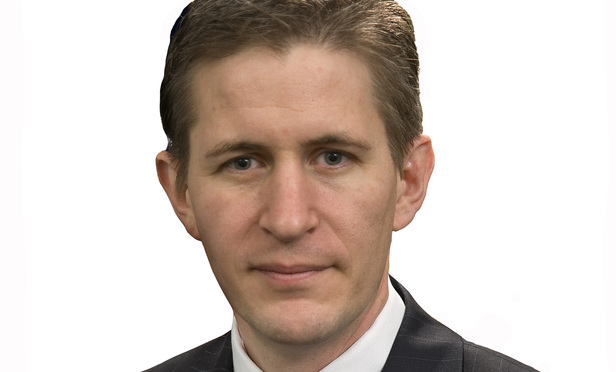When he served as U.S. attorney for South Dakota and chairman of the U.S. Justice Department’s Native American Issues subcommittee, Brendan Johnson learned firsthand the quality of Indian tribal courts. Today, he doesn’t like the picture of tribal justice that a multibillion-dollar corporation is painting for the U.S. Supreme Court.
“I would absolutely feel confident in having a tribal court resolve a civil or criminal case involving myself,” said Johnson who co-chairs the American Indian law and policy group at Robins Kaplan. “In my experience, some of the best judges we have in my state—South Dakota—are tribal judges. I would feel very comfortable appearing or being a party in a tribal court proceeding.”
This content has been archived. It is available through our partners, LexisNexis® and Bloomberg Law.
To view this content, please continue to their sites.
Not a Lexis Subscriber?
Subscribe Now
Not a Bloomberg Law Subscriber?
Subscribe Now
LexisNexis® and Bloomberg Law are third party online distributors of the broad collection of current and archived versions of ALM's legal news publications. LexisNexis® and Bloomberg Law customers are able to access and use ALM's content, including content from the National Law Journal, The American Lawyer, Legaltech News, The New York Law Journal, and Corporate Counsel, as well as other sources of legal information.
For questions call 1-877-256-2472 or contact us at [email protected]



